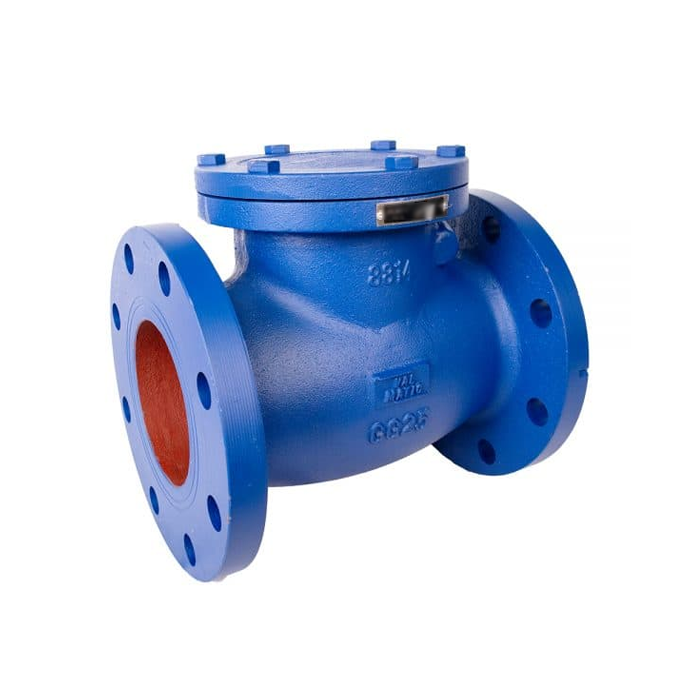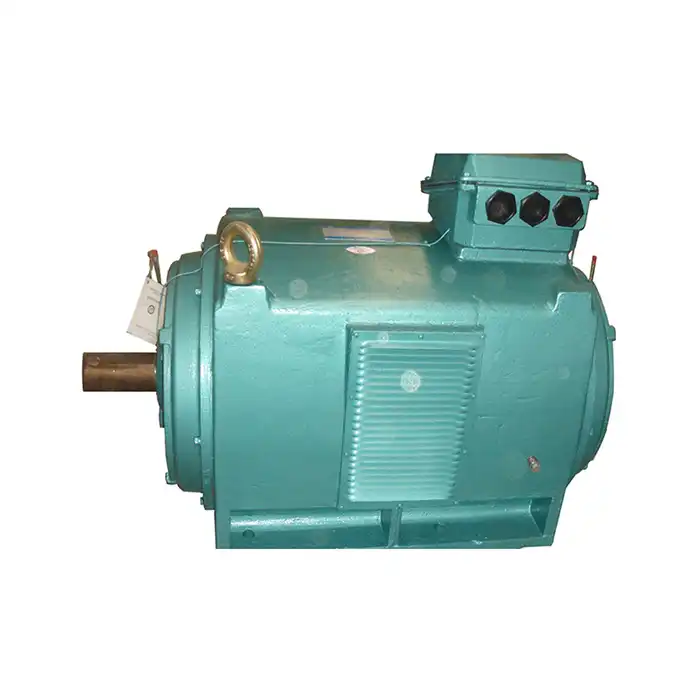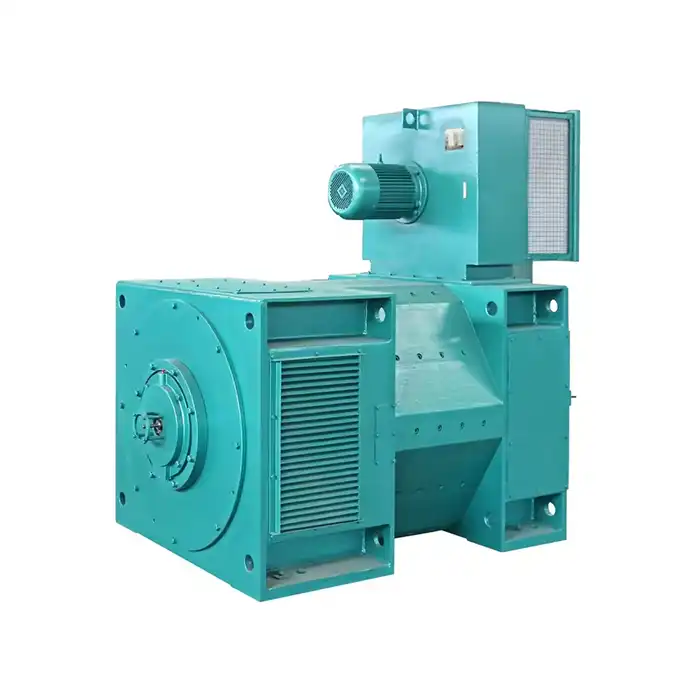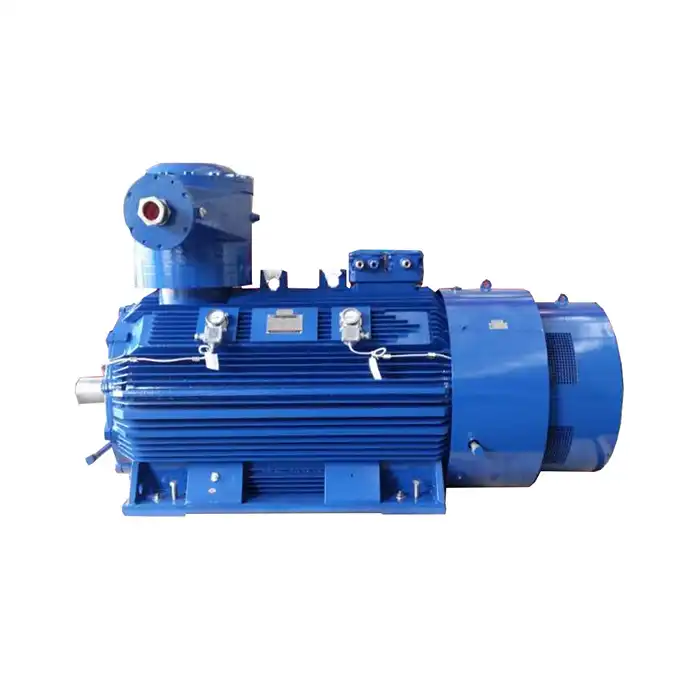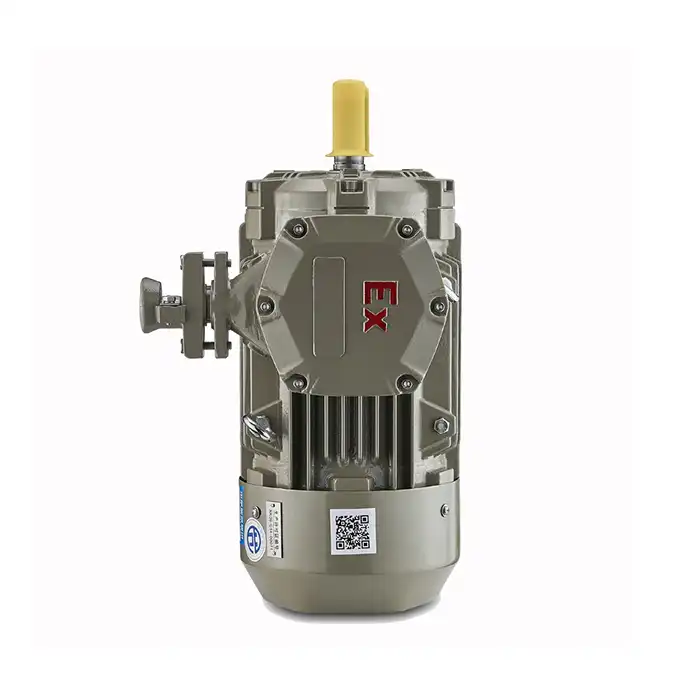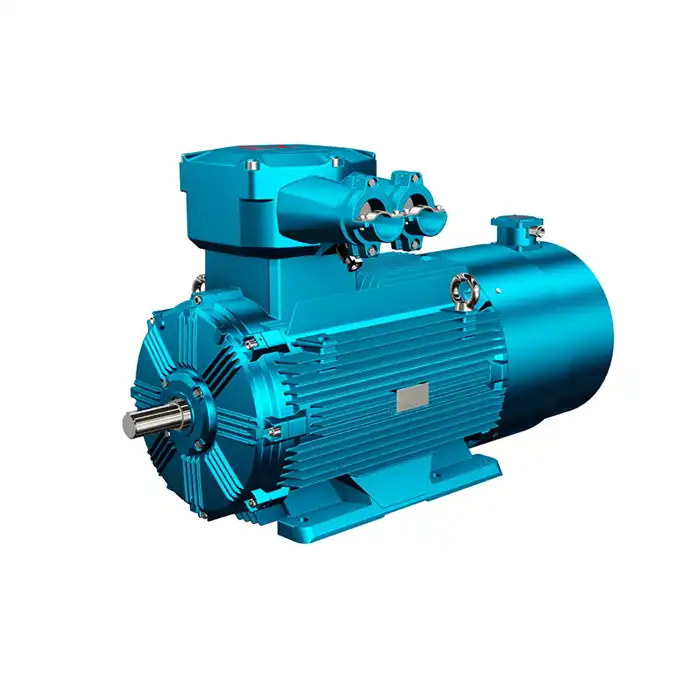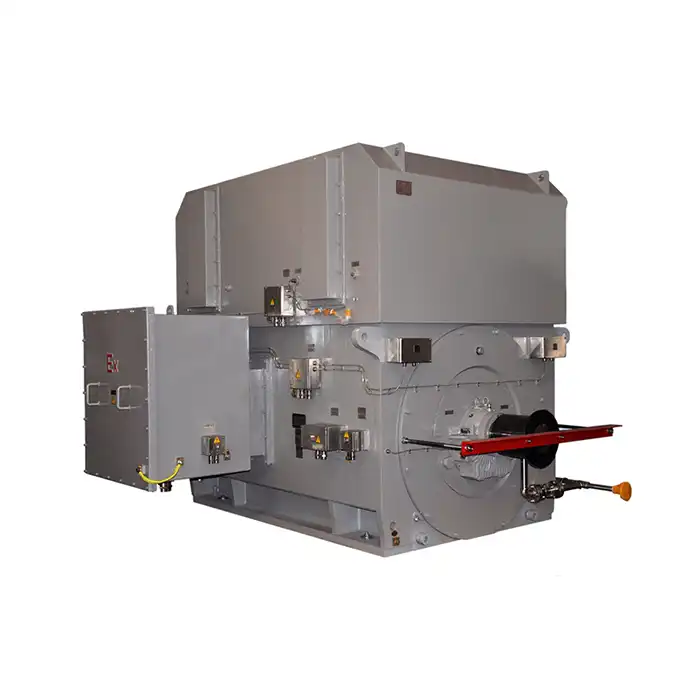Industrial power management has changed as a result of the substantial developments made in modern electrical frequency converters. These essential tools for regulating motor speed and maximising energy use have developed to satisfy the expanding needs of numerous industries. Let's look at the salient characteristics of modern frequency converters and how they are influencing industrial operations going forward.
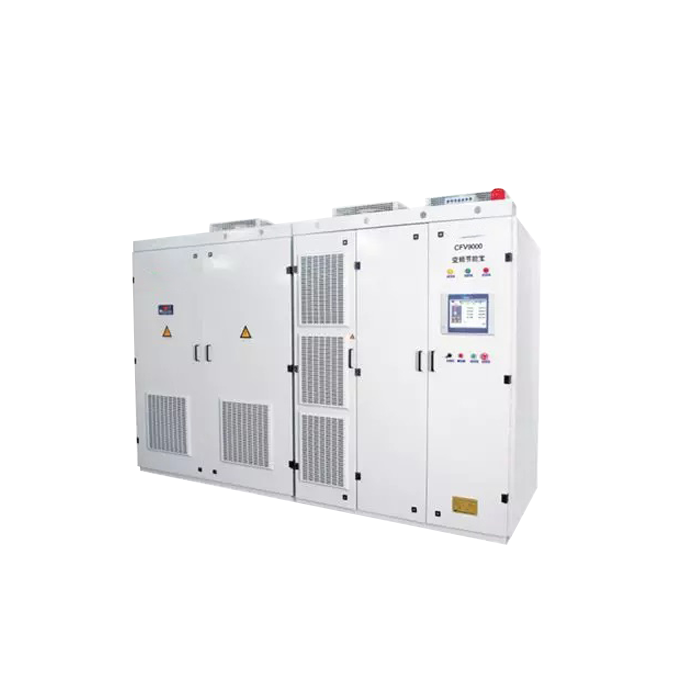
Adaptable motor power range :200-12000 kW
Application:can be used to drive fans, water pumps, textiles, papermaking, wire drawing, machine tools, packaging, food and various automated production equipment.
Advantage:air cooling, inverter control panel, built-in power transformer.
Minimizing Power Loss
One of the most notable characteristics of contemporary frequency converters is their ability to minimize power loss. This feature is crucial for industries seeking to reduce energy consumption and operational costs.
Advanced Semiconductor Technology
Modern electrical frequency converters have undergone a significant transformation with the adoption of advanced semiconductor technologies, particularly silicon carbide (SiC) and gallium nitride (GaN) devices. These cutting-edge materials outperform traditional silicon-based components by offering higher breakdown voltages, faster switching speeds, and superior thermal conductivity. Such characteristics enable converters to operate at higher frequencies while minimizing energy losses during the switching process. Furthermore, their improved heat dissipation capabilities reduce the need for bulky cooling systems, contributing to a more compact and reliable design. In industrial applications, this translates into not only enhanced energy efficiency but also extended operational life and lower maintenance costs. As the demand for energy-saving solutions continues to grow, the role of SiC and GaN in shaping next-generation frequency converters is becoming increasingly pivotal.
Intelligent Power Module (IPM) Integration
The integration of Intelligent Power Modules (IPMs) into frequency converters represents a major leap forward in both performance and efficiency. IPMs bring together high-performance power semiconductor devices, gate driver circuitry, and advanced protection features such as overcurrent, overvoltage, and thermal safeguards into a single, compact module. This integration minimizes parasitic inductances, ensuring faster switching times and smoother power delivery. It also streamlines the overall system design, reducing assembly complexity and improving reliability. By combining multiple functionalities into one package, IPMs lower the risk of component mismatch and enhance the converter’s fault tolerance. For industrial users, this means reduced downtime, simplified maintenance, and optimized energy usage. The result is a highly efficient and durable system that meets the growing demands of modern manufacturing and automation environments.
Integration with IoT and AI
The integration of Internet of Things (IoT) and Artificial Intelligence (AI) technologies has revolutionized the capabilities of electrical frequency converters, making them smarter and more responsive to real-time operational demands.
Real-time Monitoring and Predictive Maintenance
IoT-enabled frequency converters are equipped with advanced sensors that collect continuous streams of operational data, including parameters such as temperature, voltage, current, vibration, and even humidity levels in the surrounding environment. This information is transmitted to cloud-based platforms, where AI algorithms analyze the data to identify patterns and detect anomalies that may indicate wear, overheating, or electrical imbalances. By predicting potential faults before they occur, these systems enable proactive scheduling of maintenance tasks, which reduces unexpected downtime, lowers repair costs, and ensures that the converters operate at peak performance over a longer service life.
Adaptive Control Systems
Modern frequency converters with AI-powered adaptive control systems can intelligently adjust operational parameters in real time to match dynamic load requirements and varying environmental conditions. For example, they can fine-tune voltage and frequency output when detecting sudden load surges or optimize motor speed to reduce energy consumption during light-load periods. These systems learn from historical operating data, improving their responsiveness and decision-making over time. The result is consistent operational stability, enhanced efficiency, and the ability to maintain optimal performance even in unpredictable industrial settings, making them highly valuable in energy-intensive applications where precision and reliability are critical.
Compact Designs: Meeting Modern Space Constraints
As industrial environments become more compact and modular, the physical footprint of electrical frequency converters has become a critical consideration. Contemporary designs address this challenge through innovative approaches to component layout and cooling systems.
High-Density Power Electronics
Advanced power electronic components and circuit designs allow for higher power density in modern frequency converters. This means more power can be packed into a smaller space, making installation and integration easier in tight industrial settings.
Efficient Thermal Management
Innovative cooling solutions, such as advanced heat sink designs and liquid cooling systems, enable compact frequency converters to operate efficiently without overheating. This allows for smaller enclosures without compromising on performance or reliability.
Conclusion
Modern electrical frequency converters' distinguishing features show how industrial power management is always changing. These devices are at the vanguard of industrial efficiency and automation, from integrating IoT and AI for smarter operations to minimising power loss with modern semiconductor technology.
Frequency converters will probably continue to progress as long as industries continue to place greater demands on their power systems. Higher efficiency ratings, even more compact designs, and more intricate connection with industrial control systems could all be features of the future.
Understanding these crucial features of contemporary frequency converters is crucial for companies wishing to introduce new industrial automation solutions or improve their power management systems. Along with increased effectiveness and performance, these gadgets also have the potential to save a lot of money over time and enhance operations.
Call to Action
Are you looking to enhance your industrial power systems with state-of-the-art frequency converters? Shaanxi Qihe Xicheng Electromechanical Equipment Co., Ltd. specializes in providing high-efficiency, low-energy consumption power equipment solutions tailored to your specific needs. Whether you're in manufacturing, process control, HVAC, renewable energy, or water treatment, our team of experts is ready to assist you. Contact us at xcmotors@163.com to learn more about how our advanced electrical frequency converters can optimize your operations and drive your business forward.
References
1. Johnson, M. (2022). "Advancements in Electrical Frequency Converter Technology: A Comprehensive Review." Journal of Power Electronics, 18(3), 245-260.
2. Smith, A., & Brown, B. (2021). "IoT and AI Integration in Modern Frequency Converters." IEEE Transactions on Industrial Electronics, 69(7), 6789-6801.
3. Lee, C., et al. (2023). "Compact Design Strategies for High-Power Density Frequency Converters." Power Electronics and Applications Conference, 112-125.
4. Wang, X. (2022). "Energy Efficiency Improvements in Contemporary Frequency Converters." International Journal of Electrical Power & Energy Systems, 140, 107-118.
5. Garcia, R., & Martinez, S. (2021). "Thermal Management Techniques in Modern Frequency Converter Designs." Journal of Thermal Analysis and Calorimetry, 144(2), 1235-1247.
6. Thompson, L. (2023). "The Impact of Wide Bandgap Semiconductors on Frequency Converter Performance." Semiconductor Science and Technology, 38(6), 064001.



